Microsoft recently made a startling addition to its development studio acquisitions, scooping up Activision Blizzard for almost $70 billion in the midst of the studio’s ongoing reckoning with numerous allegations of harassment and misconduct. In the wake of Microsoft’s spending spree of 2020 and 2021, in which the company snapped up numerous smaller developers in advance of the release of the Xbox Series X/S, this latest merger has many pondering what the future of the company, and the gaming industry at large, will look like.
With one major company laying claim to dozens of smaller studios and some of the most well-known IPs in gaming — including The Elder Scrolls, Fallout, Doom, and now Warcraft and Call of Duty — the word “monopoly” is on many people’s lips, with some wondering what it means for the industry when so many disparate entities become united under one name. For the employees of Activision Blizzard specifically, the answer is likely to be: in the short term, not much.
What will change within Activision Blizzard?

For many of the rank-and-file developers at Activision Blizzard, it’s entirely possible that things will continue as normal. The company will still continue to make games, after all, even after it becomes part of the Microsoft family. Code will need writing, assets will need rendering, and voiced lines will need recording. However, as Ask a Game Dev points out, the higher levels of management could see some significant changes in the coming weeks and months now that they have to answer to Microsoft. As part of a larger entity, the whole relationship between the studio’s decisions and the desires of shareholders has shifted considerably. As such, Microsoft could want to take action that would technically result in a “loss” for Activision, like putting more of its games on Game Pass or limiting the potential audience by making them Xbox exclusives, in the name of increasing the value of the Xbox brand overall.
For other departments though, it could be a bit more of a thorny question. There’s unlikely to be quite as much need for several of the more business-oriented departments at Activision Blizzard once Microsoft takes over, so HR, accounting, legal, and more could see themselves merged with Microsoft’s existing teams at best, or laid off at worst.
All this could provide plenty of fodder for the ongoing labor movement A Better ABK, a workers’ collective led by current and former Activision Blizzard employees. The group has been advocating for workers’ rights for several months in the wake of the company’s harassment allegations and the layoff of dozens of QA employees from subsidiary Raven Software, but news of the merger has some members a little shaken. A Better ABK’s official Twitter account is standing firm, describing the acquisition as “surprising” but saying that it “does not change the goals” of the group.
Others, though, are warier: activist and former Activision employee Jessica Gonzales tweeted “I need to know Phil [Spencer]’s thoughts on unionization, and then I’ll be fine,” while Activision QA Tester Jiji Saari explained that she was “pretty worried we’re gonna be lost in the shuffle and just told to deal with it.” Saari’s concerns aren’t without merit — if you’ve been on the Internet at all in the last 12 hours, you almost certainly will have seen something about the merger, and there’s certainly a risk of any other news about the company fading into the background — and it’s doubtless disheartening to anticipate Activision CEO Bobby Kotick, who became entangled in the various controversies directly back in November, getting a $300 million golden parachute after his contributions to the company’s problematic environment.
Will there be a culture shift with Microsoft in charge?

Still, it might not be all doom and gloom at the newly-acquired Activision Blizzard studios. Xbox head Phil Spencer expressed his “horror” at the allegations against the company back in November, and he talked about some of the ways that Xbox has addressed toxicity in its work environment and in its community at large in an NYT interview earlier this month. As such, a new owner could be a step in the right direction for the beleaguered company. Indeed, a (relatively) clean slate could see Activision Blizzard start to take steps like those touted by EA, and foster a safer and more empathetic work environment.
Nevertheless, the recent acquisition does send something of a confusing message to those advocating for workers’ rights. For all the good that may come from the deal — if indeed Microsoft does intend to effect meaningful change within the company — it feels almost antithetical to rely on the whims of huge companies to solve these problems. In some ways, the protection of a larger entity like Microsoft could even make it more difficult for labor movements to agitate for change in the future, as its significant influence and impressive resources could derail strikes and unionization attempts more easily.
This, really, is the issue that sits at the heart of the “monopoly” problem. There may be disagreement on whether Microsoft even counts as a monopoly at present, but the fact is that the company now owns dozens of smaller studios, all working together to churn out content for the parent corporation. The consequences of that hinge almost entirely on how Microsoft chooses to direct its considerable resources.
How could this deal impact game development as a whole?

On the one hand, the cushion of Microsoft’s funding has allowed many smaller developers to work in less stressful environments, with a guarantee of publishing at the end of the road. Microsoft’s patronage of Double Fine, for example, is arguably the main reason we got the beloved sequel to 2005’s Psychonauts over 15 years later, and plenty of other devs have seen more traction than they could ever have anticipated by releasing their games on Xbox Game Pass.
On the other hand, though, if Microsoft chooses to wield its power more as an iron fist than a velvet glove, we could see the future of workers’ movements in the industry stymied and unable to build up sufficient momentum to put pressure on the tech behemoth. On top of that, studios could end up pressured into fitting their games into a crowd-sourced, focus-grouped mold, stifling the creativity that consumers have come to love. Even fans’ buying power could be curtailed — after all, how are you supposed to vote with your wallet when all of your favorite franchises are owned by a single corporation?
For now, at least, Microsoft appears to be taking a benevolent approach to overseeing its subsidiary studios. The unfolding situation with Activision Blizzard will be telling, considering the company’s troubled last year or so, and could well reveal Microsoft’s strategy going forward. As savvy and ethical consumers, it’s important to stay informed in situations like these, and worker alliances like A Better ABK and A Better Ubisoft are a good place to start. Ultimately, however many more companies Microsoft lays claim to, its future business decisions will still be defined by the needs and desires of its audience — so making worker welfare a priority, and a vocal one, certainly can’t hurt.

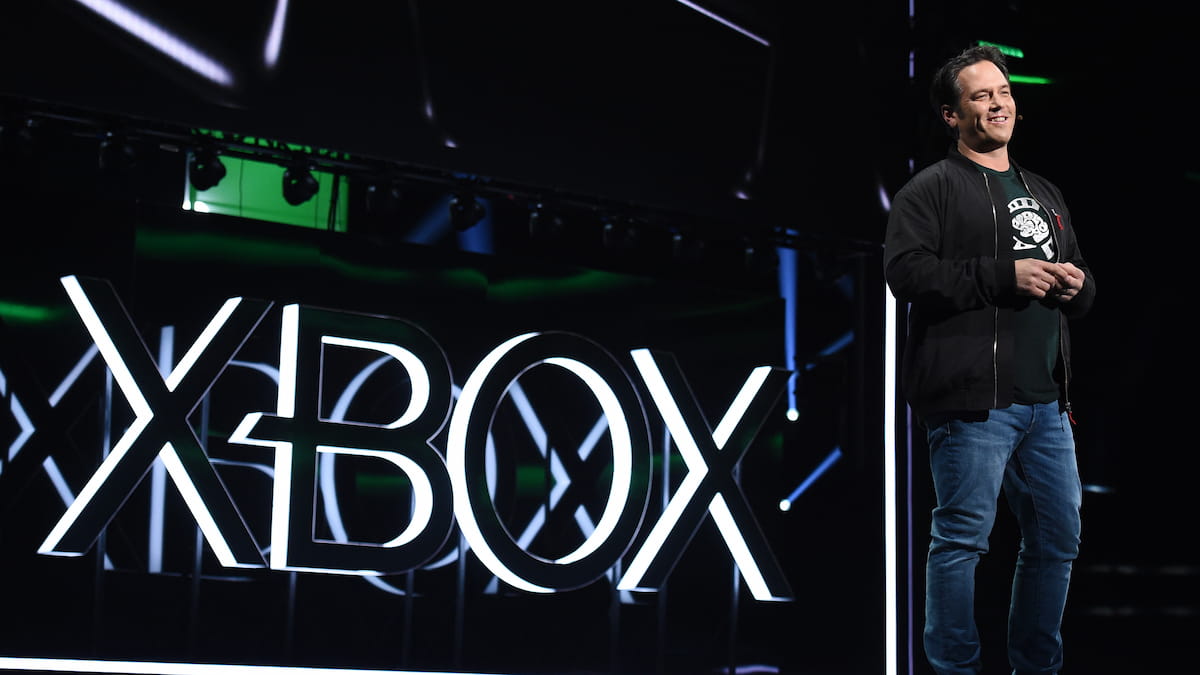
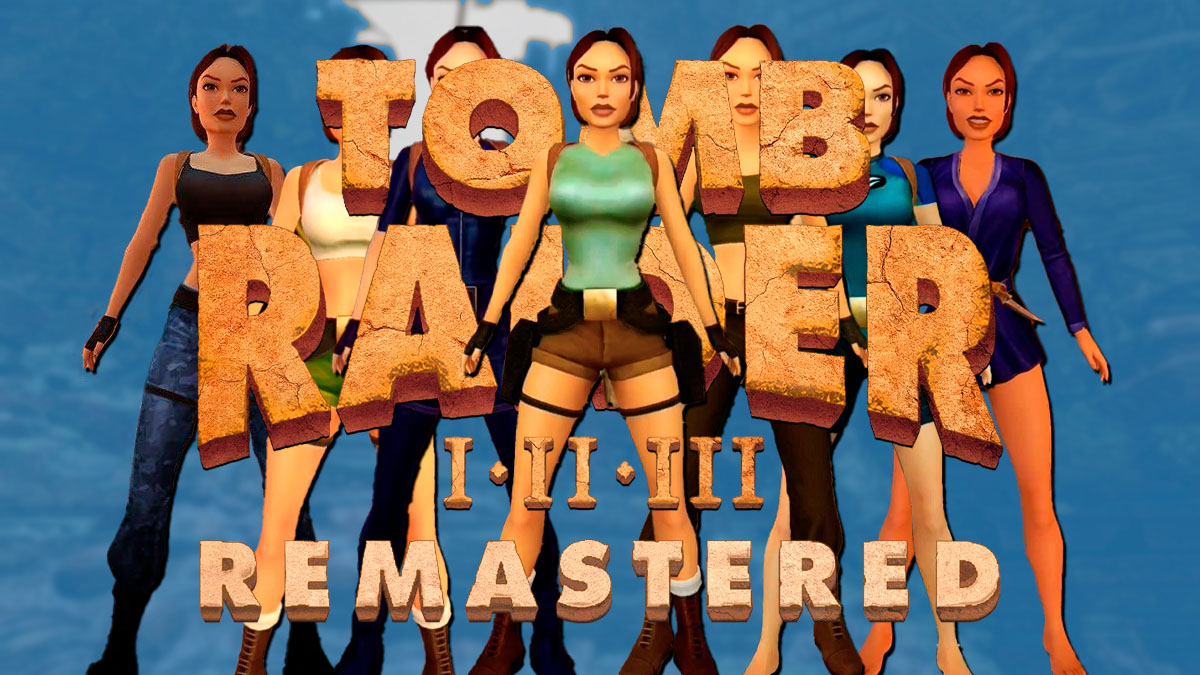
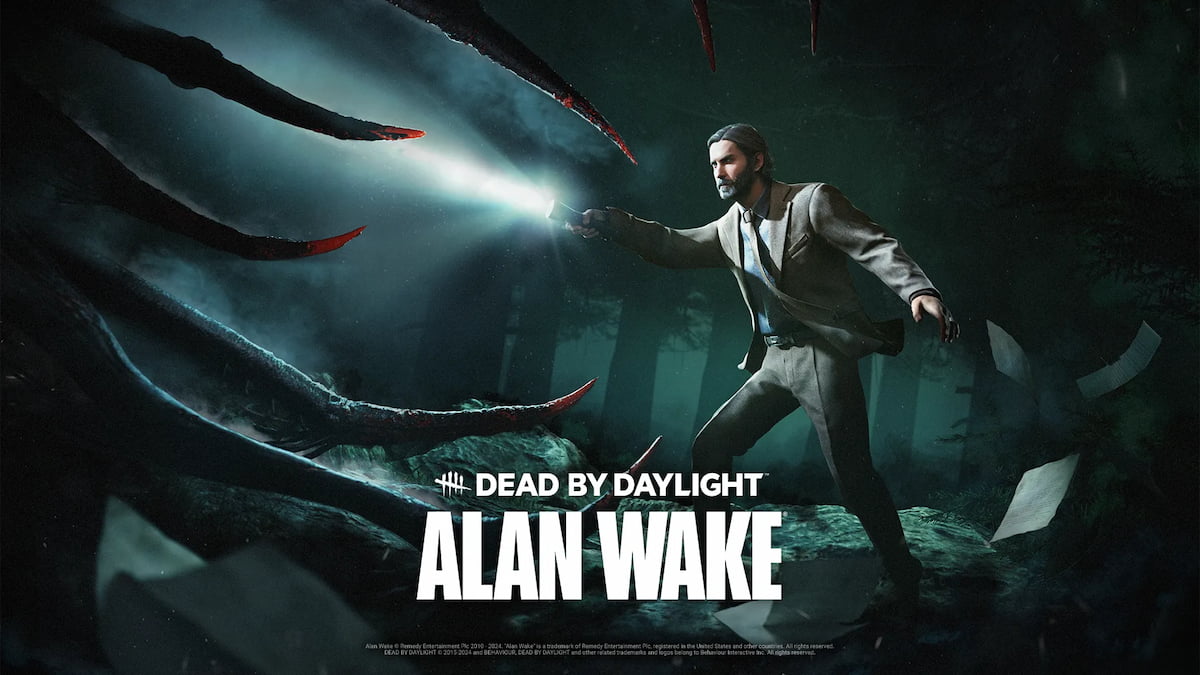
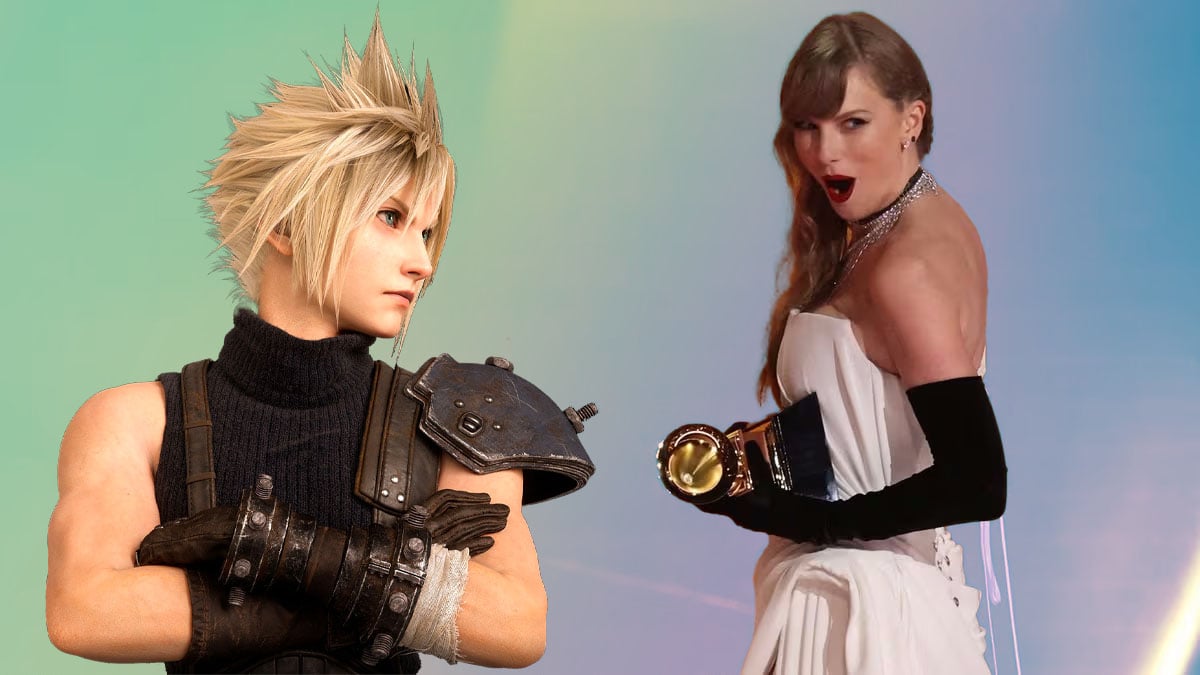

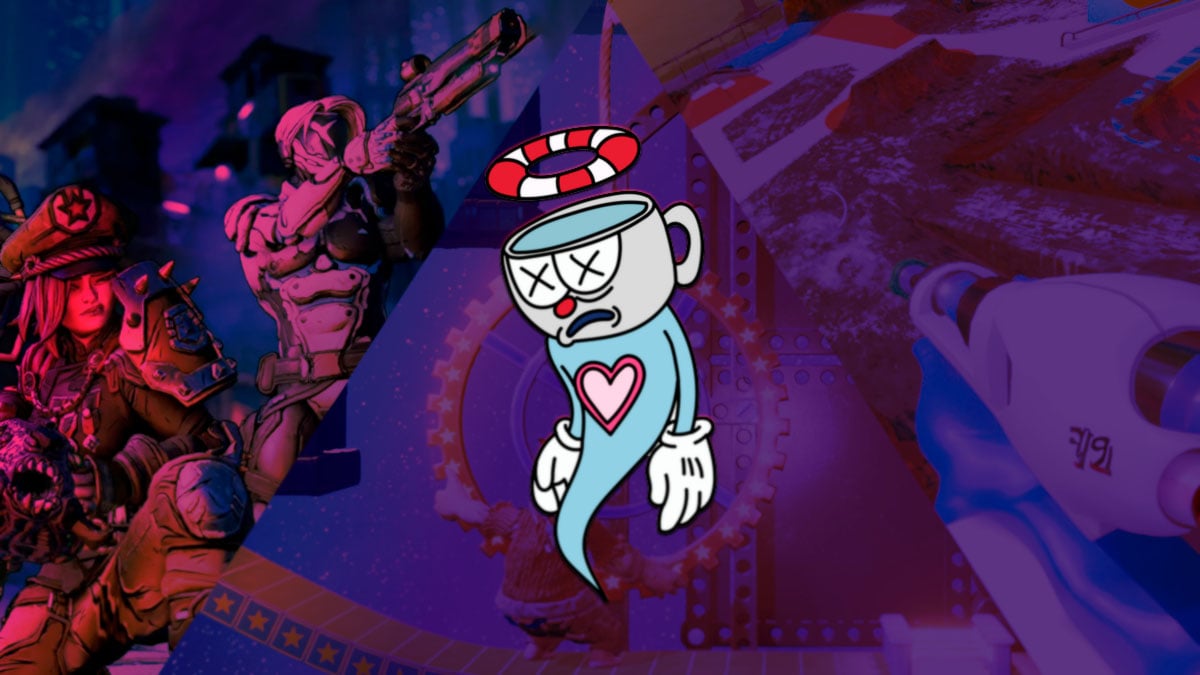
Published: Jan 18, 2022 04:58 pm